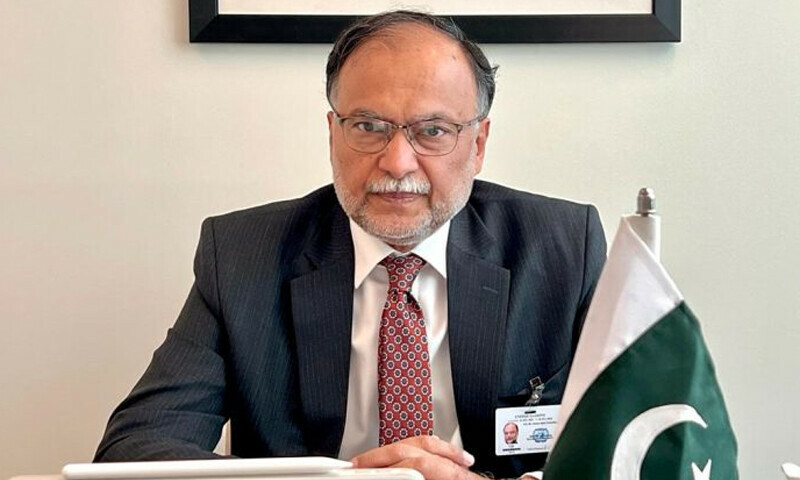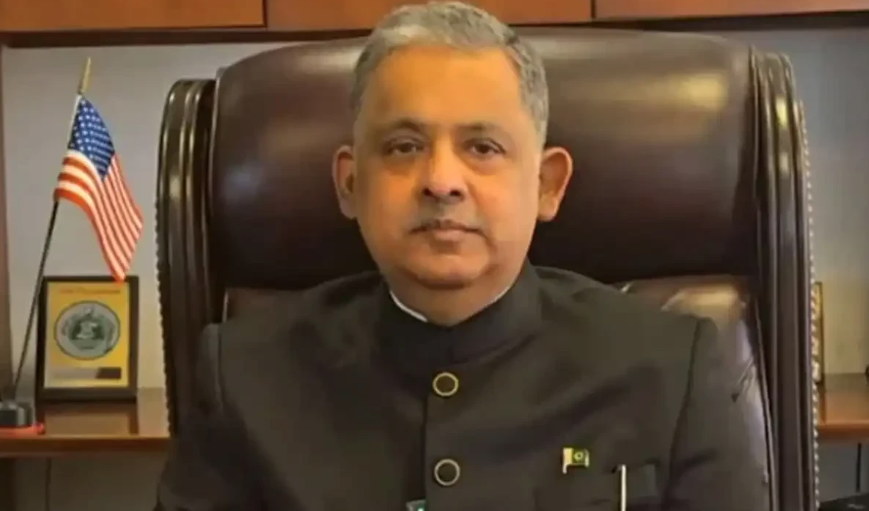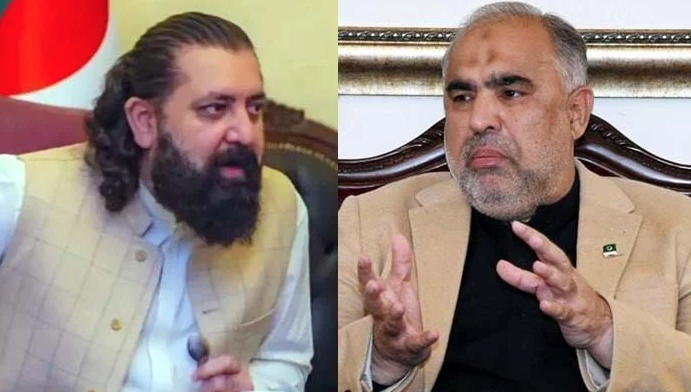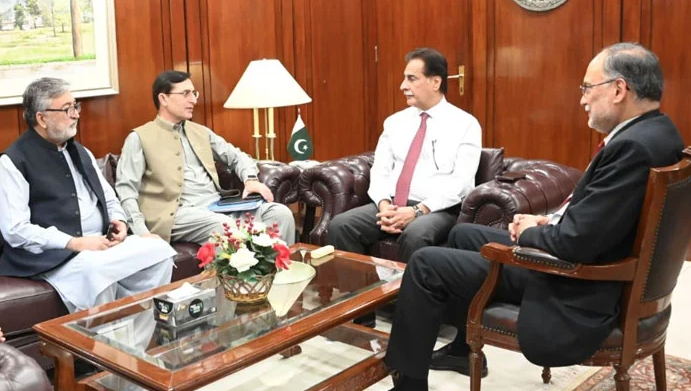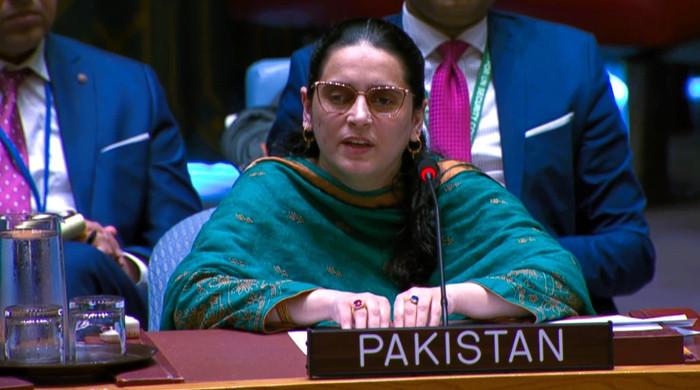POLITICS & POLICY MAKING
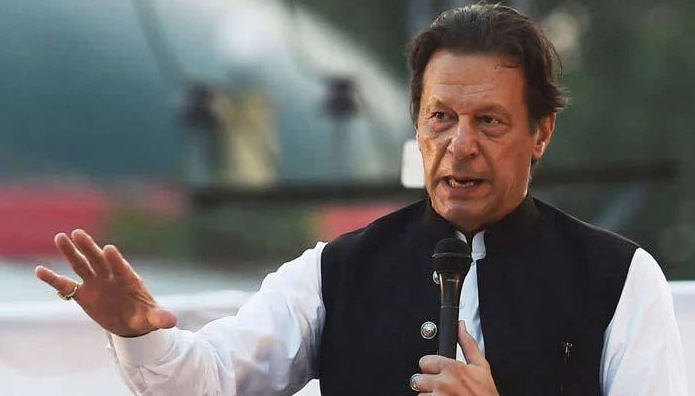
A delegation of Pakistani doctors and businessmen based in the United States — known for their previous efforts in silent diplomacy — has once again arrived in Pakistan to push for the release of jailed Pakistan Tehreek-e-Insaf (PTI) founder Imran Khan.
This group had previously met Khan during a visit to Adiala Jail alongside a senior official. However, sources now confirm that the delegation, currently in Lahore, has not yet been able to secure another meeting with the former prime minister, and it remains unclear if they’ve held talks with key officials so far.
According to sources familiar with the matter, the coming week may prove decisive in determining whether these fresh efforts will result in meaningful progress.
While there have been sporadic informal contacts between PTI supporters abroad and various stakeholders in recent months, no major breakthrough has occurred. Observers note that the success of such diplomatic efforts hinges not just on political will, but also on PTI’s conduct — particularly its social media messaging and the actions of its foreign chapters in the US and UK.
Obstacle: PTI’s Digital Aggression
One of the primary roadblocks to reconciliation appears to be continued criticism of the military establishment by PTI’s social media accounts and affiliated international activists. This includes digital campaigns, disinformation efforts, and international lobbying, particularly in Washington and London, which have widened the rift between the party and Pakistan’s power centers.
Although the military has publicly reiterated its stance of non-involvement in political negotiations, behind-the-scenes contacts between some PTI leaders and establishment figures reportedly continue.
Some mid-tier PTI leaders privately admit that aggressive social media strategies have harmed Imran Khan’s chances of relief. There is now a growing realization within PTI that dialing down confrontational rhetoric could open the door for more productive engagement.
The Road Ahead: Reconciliation or Repetition?
With overseas Pakistanis once again stepping in, analysts are watching closely to see if this marks the beginning of a new phase of reconciliation — or if PTI will miss another opportunity to ease its confrontational stance and rebuild crucial bridges.
Observers widely agree: PTI’s future political fortunes — and Khan’s legal prospects — now depend on the party’s willingness to engage constructively, reduce hostility, and contribute to economic and institutional stability.
